At the conclusion of World War II, over 340,000 Italian migrants fled in search of a better life in Australia.
Now, academics from Deakin University, in partnership with Co.As.It, want to give these individuals a chance to share their stories.
“If it has not been told it cannot be remembered.”
A new partnership project between Co.As.It and Deakin University is aiming to give a voice to Italian migrants.
Memories that make us: Storying Italian migration to Victoria will be a community project led by Professor Sean Redmond, Dr Toija Cinque and Dr Martin Potter in the School of Communication and Creative Arts, Deakin University, along with Project Manager Fotis Kapetopoulos and Senior Researcher Ricardo Schirru.
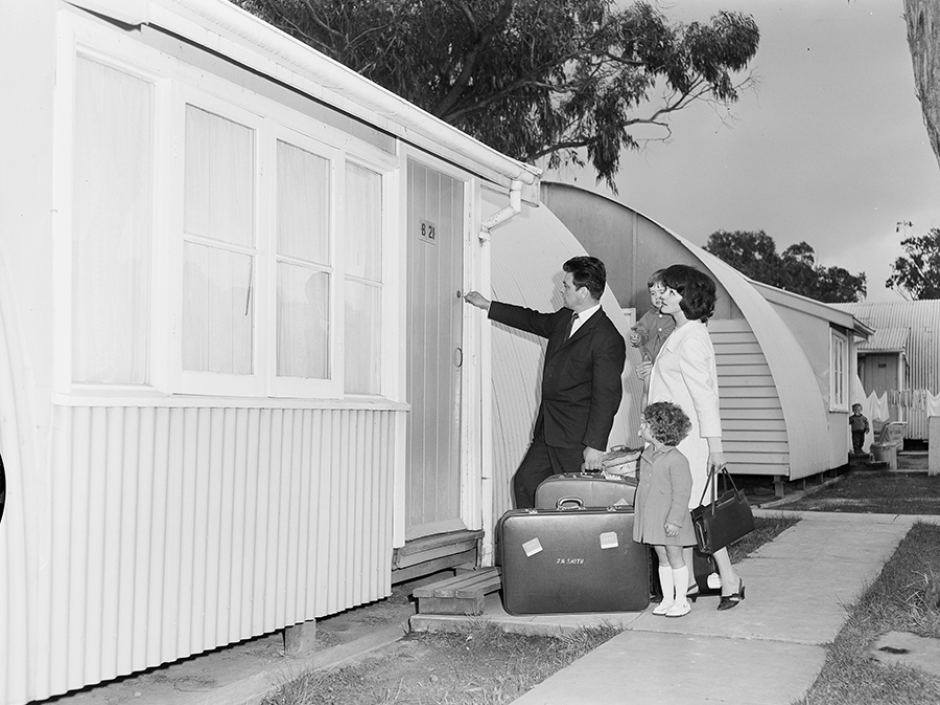
The project will showcase the stories of many Italian migrants who left their homes in search of a better life following the destructive events of World War II.
Creativity bringing stories to the surface
Professor Redmond says that the aim of the project is to explain the experiences of migrants and what they endured in their search for a happier life.
“Migrants to Australia faced significant challenges during their travels and upon settlement,” he says. “These challenges might have included language and communication issues and discrimination.”
Settlement issues upon arrival may also have occurred.
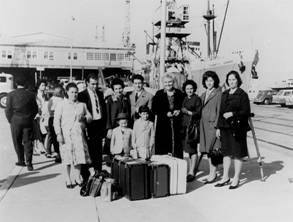
The project is important because it begins the process of gathering the personal stories that have not been told before, by collecting, sharing and archiving the memories of Italian immigrants that are now aged 70 and up.
Fotis Kapetopoulos, the project manager, also explains that these stories have not been brought to the surface before.
“These individual and collective Post-World War II memories of Italians making Victoria their ‘home’ have rarely been told, and given the age of our participants, urgently need to be.”
The aim of the project is not seeking to highlight or foreground the memories of highly visual and successful Italian migrants, but the ordinary person.
“It is their stories we seek to hear, to be moved and challenged by,” Professor Redmond says.
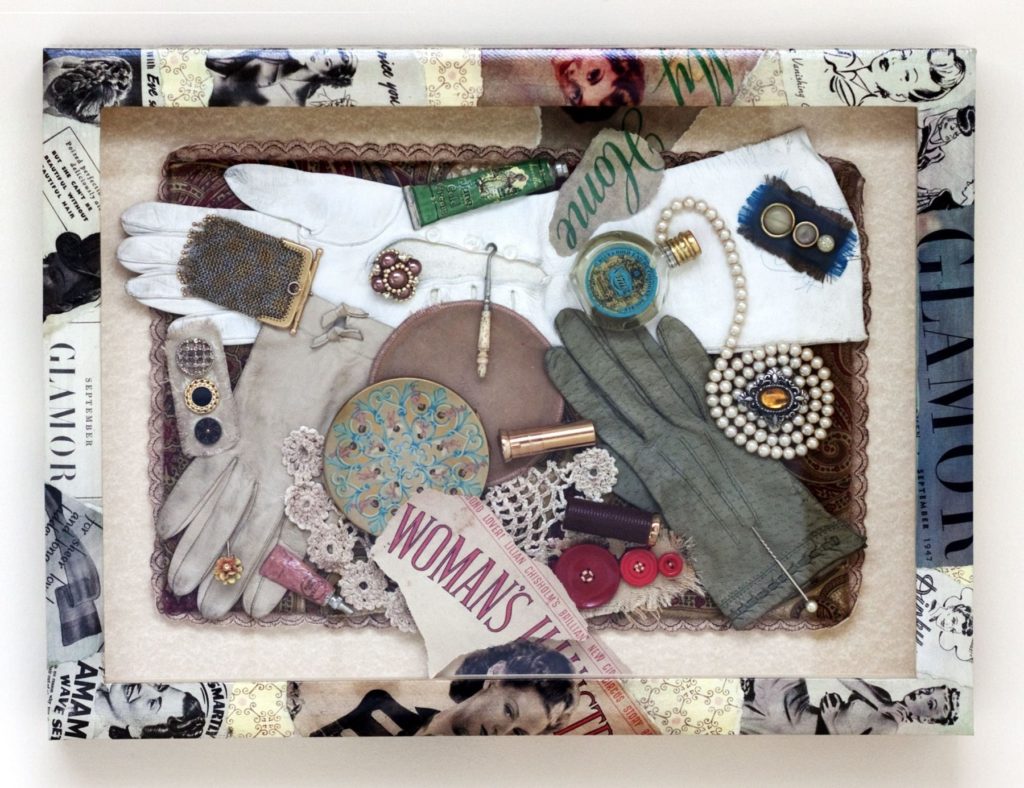
The project has three guiding research questions including what arrival stories do the Italian migrants collectively share?
How will sharing these stories add to inter-generational understanding of the community?
And how will an interactive archive of these stories impact our understanding of migration?
“Taken together, the approach is that these stories will not only reveal a shared ‘past’ of the Italian migration experience but create a living history for all to interact with.” Professor Redmond says.
The individual stories
An example of one of the individual stories being explored is that of Lou. He arrived in Wonthaggi after World War Two and worked as a miner.
“Pitch dark for 8 hours a day, lying flat on the ground digging out coal.”
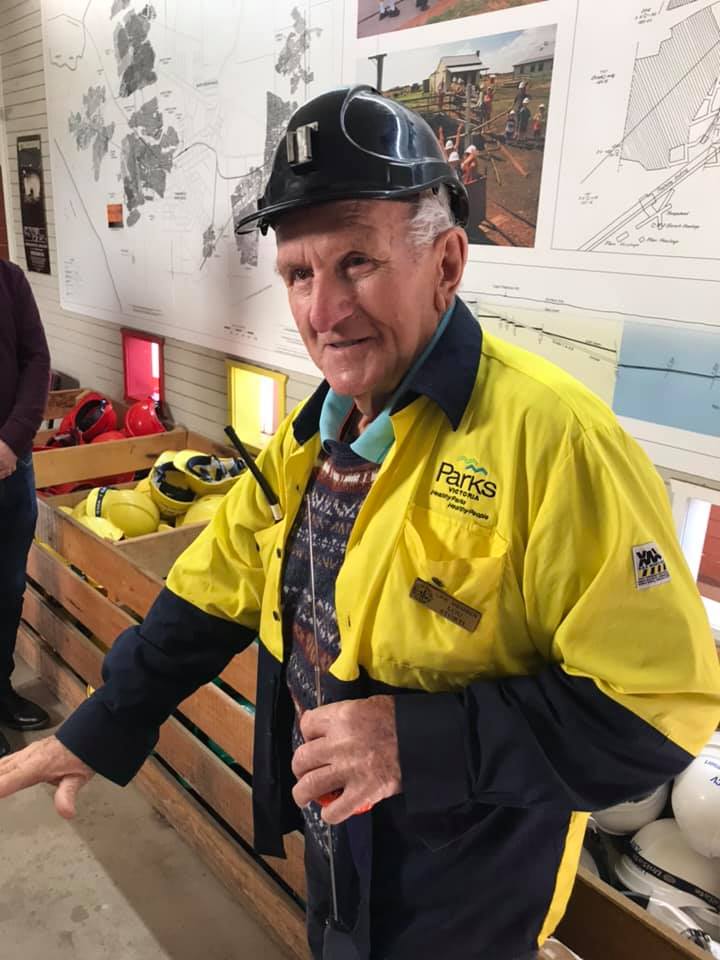
Lou fell in love with an Australian woman and they had four children together.
He was also part of the union that developed Australia’s first comprehensive welfare system that included health and education.
The creative trifecta
Professor Redmond, who is in charge of the exhibition component of the project, explains that the exhibition will be composed of 12 ‘memory rooms’.
Each of these rooms are jointly made and curated by one of the participants and an artist.
“The inspiration for each memory room will be a treasured item or keepsake, supplied by the participant, and which initiates a space for arousing a reminiscent state of mind,” Professor Redmond says.
Dr Toija Cinque who is in charge of the project’s website, says that, “in terms of ‘storytelling’, there is often an imposed notion of ‘I tell a story’ and that ‘you must listen’.”
The aim of the website is to flip this notion by taking the individual’s point of view.
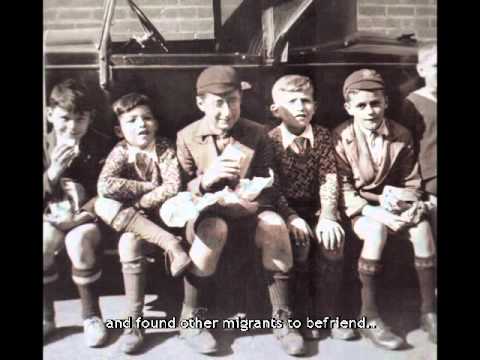
“Rather than saying how a person will ‘see’ or ‘experience’ our website,” she says, “we’ve designed a framework that provides agency for the audiences to upload content and read other’s stories whenever they want.”
The website will encourage stories of migration from Italy to settlement in Australia from many generations. It will act as an inclusive space and will feature the documentary as well as a web series.
This may also tweak curiosity as many might wonder about people they knew from years ago: what happened to their friends or co-workers, and where are they now?
“We also see professionals such as historians and scholars using the site for research and teaching purposes.” says Dr Cinque.
Dr Martin Potter who is creating the documentary says, “every community has a living memory of itself, an awareness of a collective identity woven from thousands of individual stories.”
The evocative documentary will be an ‘essay’ on memory and place, featuring the memorial stories of just some of the thousands of Italian migrants who settled in Victoria after 1945.
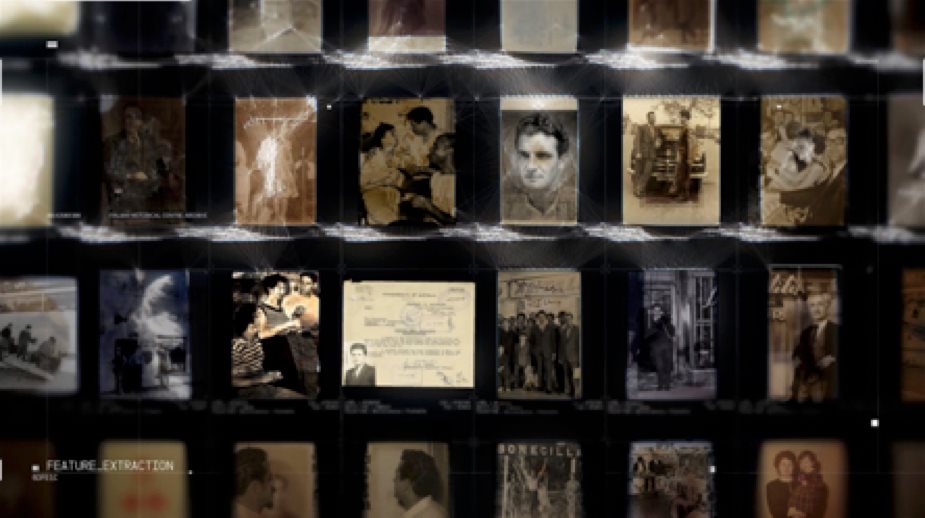
“The film will move like memory, traversing spaces of who we are, where we come from, what we remember and how we connect,” Dr Potter explains.
The stories within the documentary are underpinned by the use of unique archival materials from the participants, the Italian Historical Society and other rare archives.
“These are the stories of multicultural Australia, of the challenges and achievements of migration – the memories that make and shape us all for the better,” he says.
So how you can support this important initiative?
Still in its development phase, this initiative needs to be viewed, talked about and shared with others.
The importance of this project is closer to us than we think.
Many Italian migrant stories have never been told, this initiative will be giving voice to an entire community whom previously didn’t have much of an outlet to share their personal stories and experiences.
For more information, you can visit their Facebook page.



